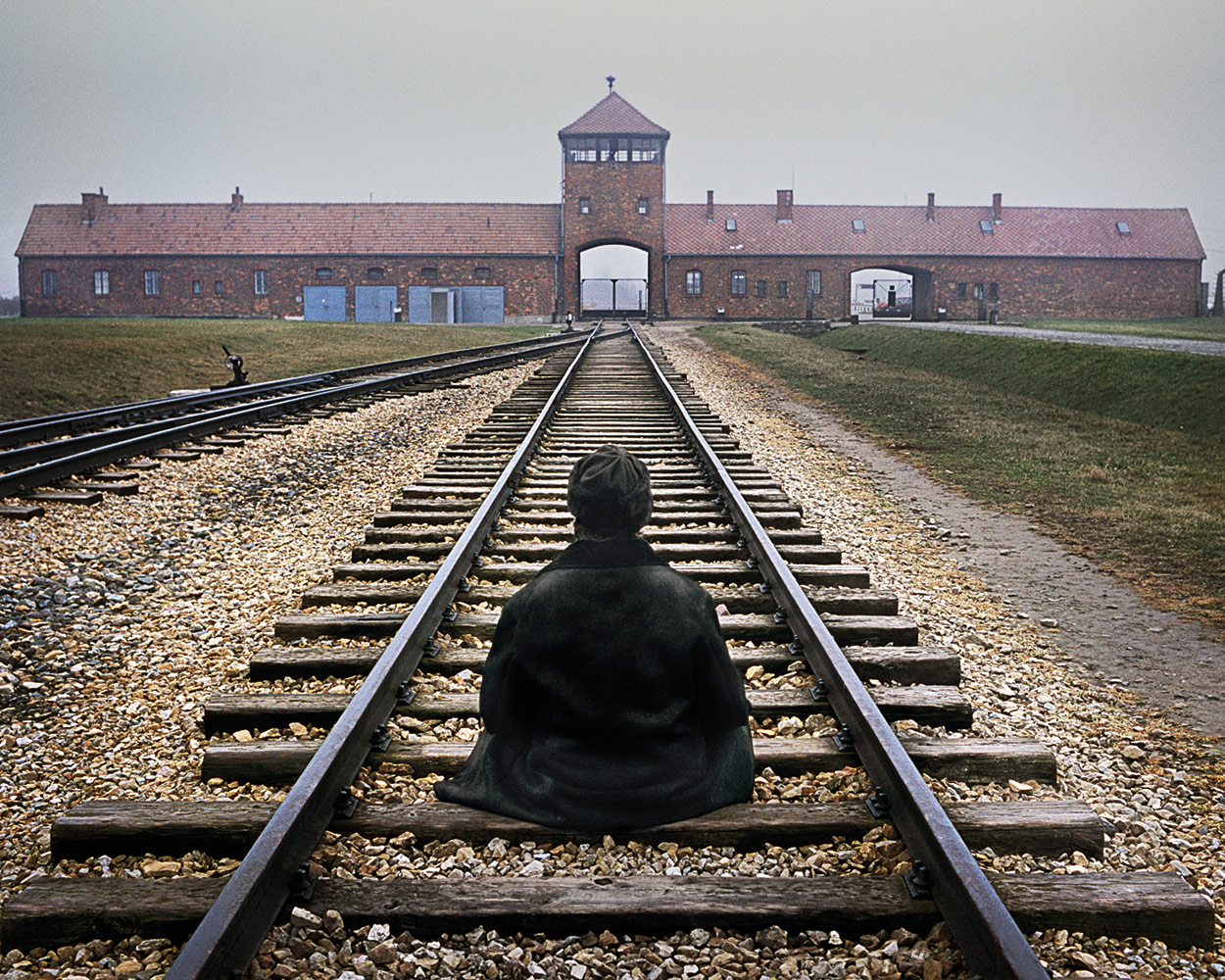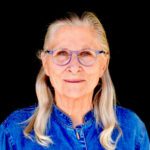In the mid-nineties, my old friend Roshi Bernie Glassman shared with me that he and his wife, Jishu, had closed his big Zen center in Yonkers and moved into a “rough” neighborhood in the area to explore more directly radical, socially engaged service.
On his fifty-fifth birthday, Bernie explained, he, Jishu, and a few friends had sat on the icy steps of the U.S. Capitol in the depth of winter, contemplating their path into the future. This experience had contributed to the birth of the vision of the Greyston Mandala, a kind of bodhisattva institution situated at the intersection of many landscapes of suffering. The Greyston Mandala and Greyston Foundation were to become a large social services complex in Yonkers, New York, including the Greyston Bakery, an HIV clinic, child care, after-school programs, low-income housing, community gardens, and more, brought into being by Bernie, Jishu, and their team.
Over lunch, Bernie told me that in establishing the Greyston Mandala, he and Jishu had grounded their work in the practice of the “three tenets” of not knowing, bearing witness, and compassionate action, based on the teachings of Eihei Dogen, who founded Japan’s Soto Zen school in the thirteenth century.
“Nonattachment doesn’t mean we don’t care—in fact, it can be a way to show just how much we do.”
As I came to know Bernie more closely, I realized that he was beset by a restless compassion that was full of risk and possibility. Bernie and Jishu, with other practitioners, would come to sit in the streets of New York’s Bowery with the unsheltered and in the charnel grounds of Auschwitz, practicing the three tenets in what they called plunges: plunges into not knowing, bearing witness, and compassionate action. I knew that I needed this way of seeing and serving, so I asked Bernie if I could come to New York to work with him and Jishu.
I was at this time both sitting with dying AIDS patients and working in the Penitentiary of New Mexico on death row and in maximum security. I was struck by the power and practicality of the Tenets. The Three Tenets, I felt, would deeply support my path:
- Not knowing (hi shiryo), Bernie explained, is the practice of letting go of fixed ideas about ourselves and the universe.
- Bearing witness (shikantaza; “just sitting”) means being fully present and not separating from the suffering and the joy of this world.
- Compassionate or loving action (butsudo; the way of awakening) arises out of not knowing and bearing witness and is a healing response to the presence of suffering.
As I’d tell Bernie, I wish I’d had the three tenets in my back pocket when walking into the Penitentiary of New Mexico for the first time! My first morning there, I was forced to let go of my scary preconceptions about what it meant to be “inside.” The men I was sitting with were human beings, and they all had hard stories—about their childhoods, about being in gangs, about their kids not being in touch with them, about their wives, mothers, and girlfriends abandoning them. Yes, they had been incarcerated for murder—and this was not all that they were.
Likewise sitting with dying people or coming to terms with the climate crisis or political corruption or institutional conflicts and so forth—at the heart of all of it were human beings, suffering human beings, all with stories and all with deep and unmet needs. And I’d already learned from my years of sitting with dying people that being a so-called “expert” can separate one from the person or situation we’re working with and deaden surprising possibilities that might be outside of our usual frames of reference. It’s no wonder that the first tenet, not knowing, is often met with resistance; our egos are often built in part upon knowing. But not knowing offers us another landscape altogether, one that’s featureless and free.
The second tenet, bearing witness, is about being totally present for whatever arises—not backing away from suffering or joy.
Out of the openness of not knowing and the experience of being fully present and bearing witness, the third tenet arises: compassionate action, or what we call in Zen “an appropriate response.” This means taking action (or not, when doing nothing is what best serves) with the clear intention of being of benefit to others.
I found the practice of the three tenets to be a brave and logical means to meet our own suffering and the suffering in the world. I recognized it also as a practice that is more or less counter to the path that most of us seem to be comfortably walking. Caregivers often want to just get things done, and they know how to “do” it. Same with educators, lawyers, politicians, and parents. We too frequently rely only on our expertise, our knowledge base, and our past experience as we meet the complexities of life. If we wish instead to meet the present moment fully, to engage in right action, the three tenets are of real value to us.
Years ago, I was sitting with a dying friend. I watched with some concern as her husband jumped onto her bed and chaotically plumped up her pillows. He then kept patting her arm, telling her she was alright. At that moment, no one was alright, as far as I could see. He was desperate. She was in mental and physical agony. I was as well pretty uncomfortable with the situation. But I dropped into “not knowing” and held a space of kindness for both of them, as their mutual anxiety resolved.
The three tenets can also help us see our own need for being needed or our intolerance of difficult situations. If we can slow things down and reflect on our motivation for a moment, we might notice the need to be acknowledged for helping others. Recognizing this unmet emotional need, we might say hello to the small self with nonaggression and let go of that need.
The three tenets appeal to our openness and curiosity. By seeing warning signs of discrimination, polarization, and counter-transference, we might learn to perceive when we are on the threshold of self-deception and manipulation of others in our attempts to serve.
The foundation of the three tenets is Buddhism, and at the core of Buddhist philosophy is nonattachment. The three tenets can help us with our attachment to outcomes, which so often can lead to futility, since things rarely turn out as we would wish them to: The dying person you hoped would have a good death has a messy and hard one instead. The prisoner whom you helped get early release is caught shoplifting and finds himself in prison again. Your big project of educating kids in Sudan collapses because the headmaster never paid the teachers, after you’d worked for five years to raise funds to help this project happen. By engaging with not knowing, bearing witness, and compassionate action, we can learn to slip out from the grip of attachment. When we see someone who is suffering, whether a family member, colleague, client, creature, or country, we do the best we can and also recognize that we can’t control outcomes.
Nonattachment doesn’t mean we don’t care—in fact, it can be a way to show just how much we do. (“Detach with love” is a twelve-step program slogan that packs a lot of wisdom for us all.) Here, the “view” opens through practicing the three tenets, liberating us from the tight constraints of expectations.
If we apply these practices and perspectives, at some point our response to the suffering of others might come to be seamless, selfless, and simple. But as Bernie liked to say: “It’s just your opinion, man.” These are just my opinions. So, try out the three tenets. Test them. And see what you will see.


